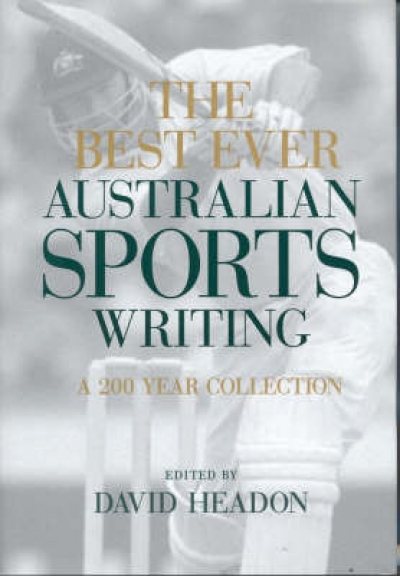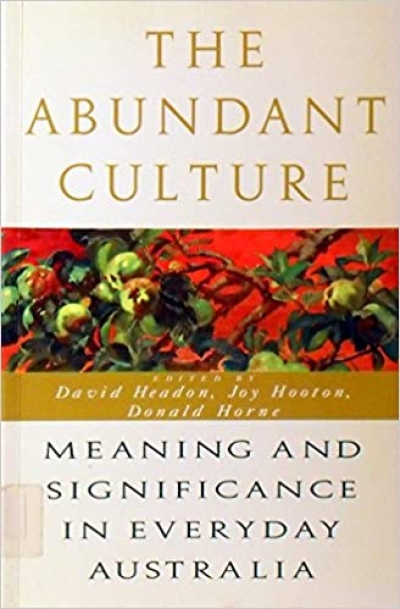What would Samuel Johnson have made of sports writing? Not much, I suspect. He believed literature should strike bold notes of moral activism, of ‘Truth’ with a capital T, be an edifier, not merely entertainment. That’s asking a lot of sports writing. Or it may just be asking a lot of Australian sports writing. I mention Johnson only because I happened to be reading his Lives of the English Poets before I began this lump of a book. I know it’s quite an imaginative leap from Johnson’s book to a sports writing anthology, but they are both, in their own way, catalogues of dead and forgotten people and their forgotten deeds. Whoever remembers John Pomfret or Thomas Sprat, seventeenth-century stanza-makers once thought worthy of Dr Johnson’s attention? Who remembers Clarrie Grimmett or Bob Tidyman, sportsmen of eras past, once thought worthy of the Australian media’s attention? Not even Johnson, writing at his verbally ornate best, could make an enthusiastic poetaster like me to want to bother with the Pomfrets and Prats. As for the Grimmetts and Tidymans – I’m a sportstaster with a quick thumb for flicking tiresome pages.
...
(read more)


